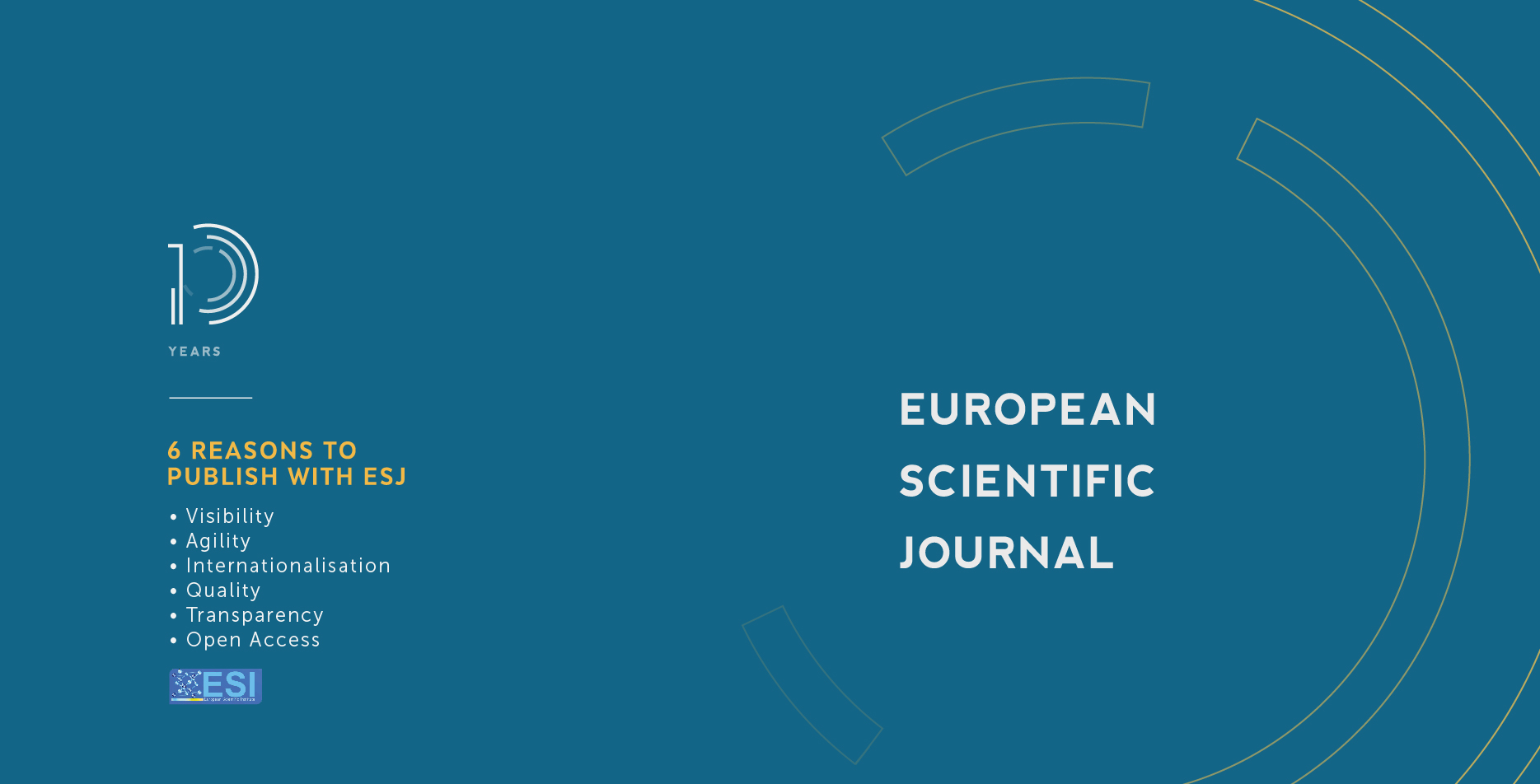Working Poverty in the Framework of the Work Anthropology: A Literature Review and Considerations on Care-related Labour
Abstract
The phenomenon of working poverty is significant and involves an important percentage of population in many countries. This paper focuses on sketching, without being exhaustive, the state-of-the-art on working poverty in terms of definition and size. It also considers possible recent correlations of working poverty with the COVID-19 pandemic and with the rise of the digital labour platforms. This paper also shows the difference between labour, work, and action according to Hannah Arendt, together with the concept of anthropology of work of Maria Pia Chirinos. Finally, highlighting the pioneering works of Chirinos, the study suggests a picture in which human being, or a rational animal (Lat.: animal rationale; Gr.: zoon logon echon, ζῷον λόγοϛ ἔχων), essentially acts in endeavours, such as labour which is devoted to self-preservation and care. Under such picture, society should take into account the richness of the traditions and skills of different types of jobs and also in terms of minimal wage.
Downloads
Metrics
PlumX Statistics
References
2. Arendt, H. (1998). The human condition (2nd ed). University of Chicago Press.
3. Cassi, D. (2011). Science and cooking: The era of molecular cuisine. EMBO Reports, 12(3), 191–196. https://doi.org/10.1038/embor.2011.18
4. Chirinos, M. P. (2005). Un’antropologia del lavoro: Il ‘domestico’ con categoria. Universita della Santa Croce.
5. Chirinos, M. P. (2007). Antropologia della dipendenza: Il lavoro e la costituzione dell’essere umano. Acta Philosofica, 16(2), 195–212.
6. Chirinos, M. P. (2008). Il Lavoro come Categoria Antropologica. Iustum Aequum Salutare, IV. 2008/4, 7–20.
7. Chirinos, M. P. (2009). Humanity in Work: Challenging the “Product Paradigm”. Imago Hominis, 16, 53–63. https://www.imabe.org/imagohominis/imago-hominis-1/2009-work-life-balance/humanity-in-work-challenging-the-product-paradigm
8. European Commission and Joint Research Centre (2020). New evidence on platform workers in Europe.: Results from the second COLLEEM survey. Publications Office. https://data.europa.eu/doi/10.2760/459278
9. Filandri, M., Pasqua, S., & Struffolino, E. (2020). Being Working Poor or Feeling Working Poor? The Role of Work Intensity and Job Stability for Subjective Poverty. Social Indicators Research, 147(3), 781–803. https://doi.org/10.1007/s11205-019-02174-0
10. Fraser, N. (2016). Contradictions of Capital and Care. New Left Review, 100, 99–117.
11. Global Employment Trends 2014: The risk of a jobless recovery. (2014). [Report]. http://www.ilo.org/global/research/global-reports/global-employment-trends/2014/WCMS_233953/lang--en/index.htm
12. Gundogan, N., Bicerli, M. K., & Aydin, U. (2005, June 25). The working poor: A comparative analysis [MPRA Paper]. Anadolu University. https://mpra.ub.uni-muenchen.de/5096/
13. Kapsos, S. (2004). Estimating growth requirements for reducing working poverty: Can the world halve working poverty by 2015? [Working paper]. http://www.ilo.org/empelm/pubs/WCMS_114248/lang--en/index.htm
14. Lohmann, H., & Marx, I. (2018). Introduction. In H. Lohmann & I. Marx, Handbook on In-Work Poverty (pp. 1–4). Edward Elgar Publishing. https://doi.org/10.4337/9781784715632.00005
15. Neri, A., & Zanichelli, F. (n.d.). PRINCIPALI RISULTATI DELL’INDAGINE STRAORDINARIA SULLE FAMIGLIE ITALIANE NEL 2020—Edizione 1 (pp. 1–13). https://www.bancaditalia.it/pubblicazioni/note-covid-19/2020/Evi-preliminari-ind-straord-famiglie.pdf
16. Patel, J. A., Nielsen, F. B. H., Badiani, A. A., Assi, S., Unadkat, V. A., Patel, B., Ravindrane, R., & Wardle, H. (2020). Poverty, inequality and COVID-19: The forgotten vulnerable. Public Health, 183, 110–111. https://doi.org/10.1016/j.puhe.2020.05.006
17. Peña-Casas, R., & Latta, M. (2004). Working poor in the European Union. Office for Official Publications of the European Communities.
18. Pesole, A., Urzí Brancati, M. C., Fernández-Macías, E., Biagi, F., González Vázquez, I., & European Commission, G. F. (2018). Platform workers in Europe evidence from the COLLEEM survey. https://doi.org/10.2760/742789
19. Rutigliano, E. (2011). Lavoro: Appunti per la metamorfosi di un concetto. Quaderni di Sociologia, 57, 109–114. https://doi.org/10.4000/qds.615
20. Sommeiller, E. (2020). The Working Poor Facing the Great Recession in Southern Europe. Athens Journal of Business & Economics, 6(4), 303–330. https://doi.org/10.30958/ajbe.6-4-2
21. Van Winkle, Z., & Struffolino, E. (2018). When working isn’t enough: Family demographic processes and in-work poverty across the life course in the United States. Demographic Research, 39(12), 365–380. https://doi.org/10.4054/DemRes.2018.39.12
22. Wicks-Lim, J. (2012). The Working Poor: A Booming Demographic. New Labor Forum, 21(3), 17–25. https://doi.org/10.4179/NLF.213.0000004
23. Wuyts, M. E. (2011). The working poor: A macro perspective. https://repub.eur.nl/pub/104231/wuyts-valedictory-address-002-.pdf
Copyright (c) 2022 Francesco Scotognella

This work is licensed under a Creative Commons Attribution-NonCommercial-NoDerivatives 4.0 International License.







.jpg)
